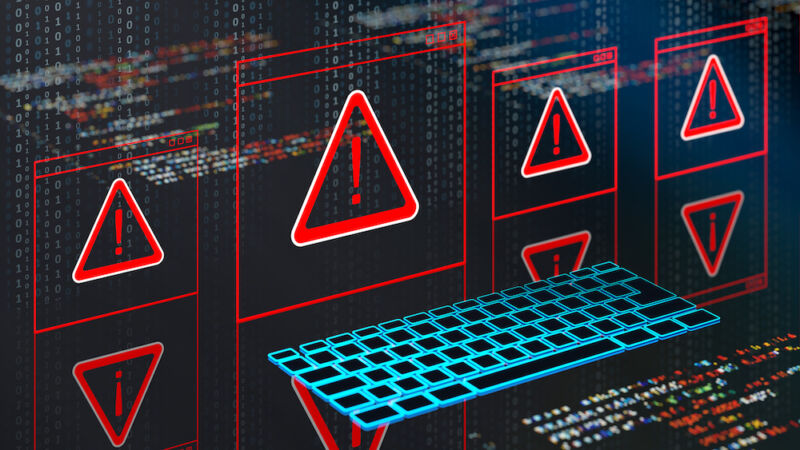NVIDIA driver with Linux kernel 6.10 causing kernel oops
![]() .
.
Read the full article on GamingOnLinux.

![]() .
.
Read the full article on GamingOnLinux.


Enlarge (credit: Getty Images)
A Windows zero-day vulnerability recently patched by Microsoft was exploited by hackers working on behalf of the North Korean government so they could install custom malware that’s exceptionally stealthy and advanced, researchers reported Monday.
The vulnerability, tracked as CVE-2024-38193, was one of six zero-days—meaning vulnerabilities known or actively exploited before the vendor has a patch—fixed in Microsoft’s monthly update release last Tuesday. Microsoft said the vulnerability—in a class known as a "use after free"—was located in AFD.sys, the binary file for what’s known as the ancillary function driver and the kernel entry point for the Winsock API. Microsoft warned that the zero-day could be exploited to give attackers system privileges, the maximum system rights available in Windows and a required status for executing untrusted code.
Microsoft warned at the time that the vulnerability was being actively exploited but provided no details about who was behind the attacks or what their ultimate objective was. On Monday, researchers with Gen—the security firm that discovered the attacks and reported them privately to Microsoft—said the threat actors were part of Lazarus, the name researchers use to track a hacking outfit backed by the North Korean government.


Enlarge (credit: Getty Images)
The US Cybersecurity and Infrastructure Security Agency has added a critical security bug in Linux to its list of vulnerabilities known to be actively exploited in the wild.
The vulnerability, tracked as CVE-2024-1086 and carrying a severity rating of 7.8 out of a possible 10, allows people who have already gained a foothold inside an affected system to escalate their system privileges. It’s the result of a use-after-free error, a class of vulnerability that occurs in software written in the C and C++ languages when a process continues to access a memory location after it has been freed or deallocated. Use-after-free vulnerabilities can result in remote code or privilege escalation.
The vulnerability, which affects Linux kernel versions 5.14 through 6.6, resides in the NF_tables, a kernel component enabling the Netfilter, which in turn facilitates a variety of network operations, including packet filtering, network address [and port] translation (NA[P]T), packet logging, userspace packet queueing, and other packet mangling. It was patched in January, but as the CISA advisory indicates, some production systems have yet to install it. At the time this Ars post went live, there were no known details about the active exploitation.


Most of Hardkernel’s single board computers, development boards, and handhelds are powered by ARM-based processors. But the company has been selling x86 models with Intel processors under the ODROID-H brand since 2018. And now Hardkernel has launched its highest-performance ODROID-H series computers to date. the new ODROID-H4, H4+, and H4 Ultra are 120 x 120mm (4.7″ […]
The post ODROID-H4 is a mini PC board with Intel Alder Lake-N that sells for $99 and up appeared first on Liliputing.
